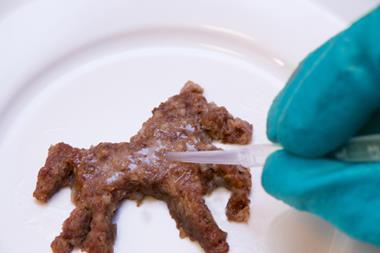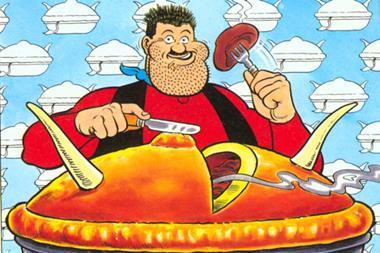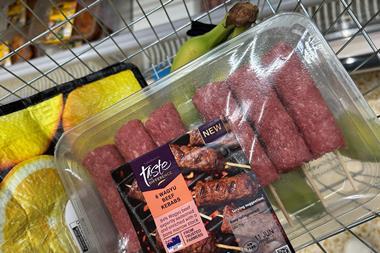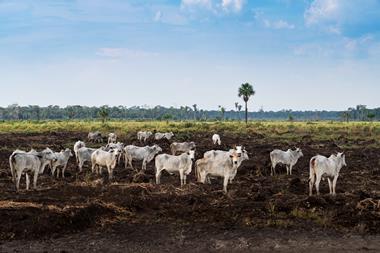There is a deep fissure now in food policy over meat. As we approach the slaughter-fest called Christmas, it’s a good time to reflect on the meat supply chain. The year began with the horsemeat scandal. It’s set to end with business as usual reasserted. Policy-makers are famously reluctant to think long-term. On meat, they don’t appear to want to do anything. Yet the evidence suggests they and we must.
At the Barilla Center conference on food sustainability last week preparing for Expo 2015 in Milan and in Rome earlier at a UN conference preparing for the 2014 International Conference on Nutrition, the evidence kept emerging.
”Animals are fed nigh half of all cereals produced globally”
Current food systems are unsustainable. But they’ve been invested in for decades so there’s a lock-in. Who wants to write off billions of investment? Who is prepared to phase down meat and dairy consumption to healthy levels? Will anyone design a food system around delivering population health?
A senior Eurocrat said to me last week: “I cannot talk about meat I cannot talk about meat.” Why not? What’s stopping this? I don’t detect conspiracies, just policy timidity.
The case for a new course is solid. We must tackle the rapid, massive rise in meat and dairy consumption if we’re to improve diet’s global impact on health and environment. There’s a land and resource squeeze, exacerbated by how animals are reared. They’re fed nigh half of all cereals produced globally, despite this being an inefficient conversion.
One response is championed by campaigners The Pig Idea. They want food waste re-legalised as pig food. Much better than dumping it. Yet the EC is preparing its Sustainable Food communiqué around waste and not including this use. In 2011, it published the Roadmap to a Resource-Efficient Europe, which commits to steady change.
Economists now talk of the circular economy. Resources recycled. Minimal waste. Low energy input. Reduced environmental footprint. But this requires consumer buy-in. Will we return animals to their ecological niche, eating them less routinely, using them mainly to consume foods we cannot and on land where crops cannot thrive?
Tim Lang is professor of food policy at City University, London
Source
Tim Lang



















No comments yet